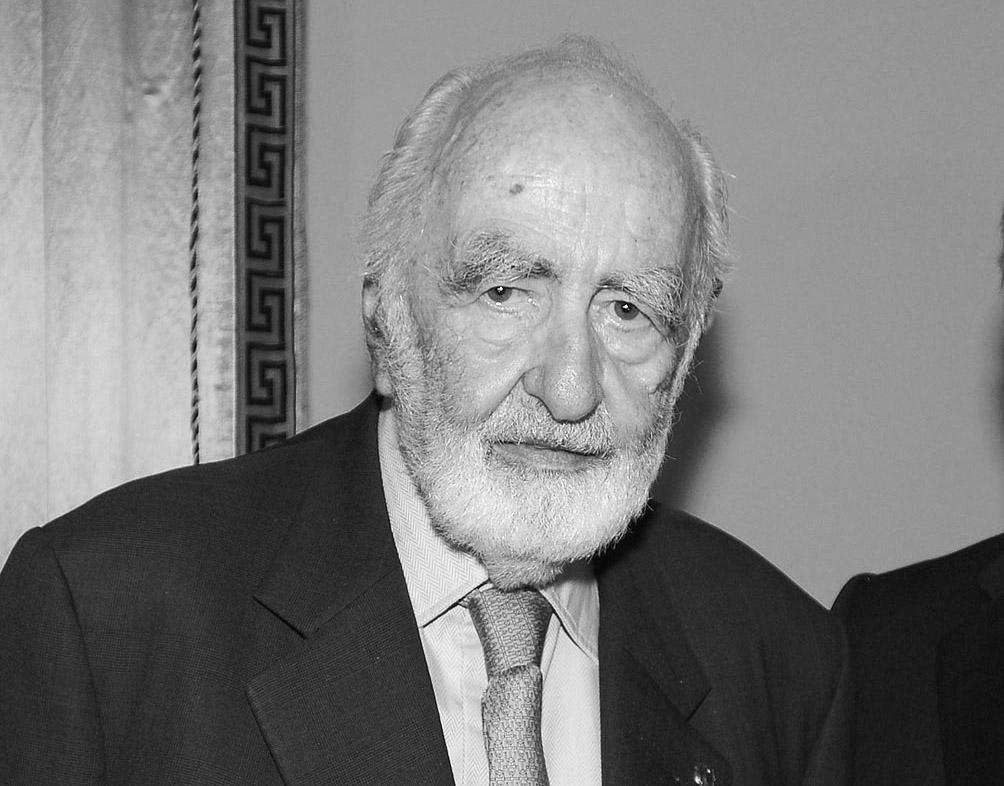Obituary: Agustín Edwards Eastman
One of the richest and arguably, most powerful, people in Chile, the Conservative media tycoon used his platform to bolster the authoritarian military dictatorship that ruled over the country for nearly two decades

Agustín Edwards Eastman, who has died at the age of 89, was a Chilean newspaper publisher who collaborated with the CIA to help foment the 1973 coup that brought Augusto Pinochet to power, and who used the power of his papers to bolster Pinochet’s regime through years of brutal repression. Edwards was a scion of one of Chile’s most prominent and prosperous families – his grandfather had served as president of the League of Nations and as Chilean ambassador to London. The Edwards’ business operations included banking, whaling, drinks manufacturing and ownership of a national airline. But the family was best known for its ownership of newspapers throughout Chile. Since the 1800s they had owned the right-wing El Mercurio, the jewel of their media empire.
Edwards assumed leadership of the paper at 29 and became, in the description of the National Security Archive at George Washington University, “the Rupert Murdoch of Chile”. His media holdings gave him significant influence, in the US as well as in South America, – and he deployed it abundantly in the 1970s to help defeat the democratically elected Marxist president Salvador Allende.
“He lobbied for a coup at the highest levels of the Nixon White House,” Peter Kornbluh, chief of the archive’s Chile Documentation Project, said. “He became the leading Chilean collaborator in CIA covert operations to overturn the democratic institutions of his own country.”
According to the National Security Archive, an anti-secrecy group, Edwards was “the only Chilean – civilian or military” known to have met the then-CIA director Richard Helms in the effort to depose the newly elected but not yet inaugurated Allende in 1970. Counseled by National security adviser Henry Kissinger, President Richard Nixon favoured deposing Allende to curb leftist influences in Latin America.
After Allende took office in 1970, Edwards’ newspaper became one of the nation’s most powerful critics of the government. According to documents examined by the National Security Archive, “Nixon personally authorised covert CIA funding to sustain El Mercurio so that it could become a media megaphone of opposition, agitation and misinformation against the Allende government.”
On 11 September 1973, Pinochet mounted a military coup and succeeded Allende after Allende committed suicide in the presidential palace. With continued financial backing by the CIA into 1974 to the tune of around $2m, El Mercurio reported favourably on Pinochet’s junta in an effort to cement its control.
Later, the newspaper accepted money from Pinochet in exchange for further positive coverage, according to John Dinges, a veteran foreign correspondent and author of books including The Condor Years: How Pinochet and his Allies Brought Terrorism to Three Continents. Most infamously, Edwards publications covered up human rights abuses including the “disappearances” of political opponents.
“For somebody who represents journalism to have taken money from a foreign power, not only to support yourself financially but also to publish articles in your newspaper at the request and under the instructions of a foreign intelligence agency . . . that’s about as bad as it gets in journalistic corruption,” said Dinges.
According to the National Security Archive, Edwards steadfastly denied discussing a coup with Helms or accepting CIA funds. Allegations of his dealings with the CIA were revealed first by the Church Committee on US intelligence abuses in the 1970s, and later through journalistic and other investigative efforts, including those of the National Security Archive. In 2015, Edwards was expelled from Chile’s national journalistic association.
Agustín Iván Edmundo Edwards Eastman was born on in 1927 in Paris, where his family was living temporarily in political exile. He was educated in England, at the University of Chile and at Princeton University in the US, from where he graduated in international affairs in 1949 before entering the family business.
After Allende’s election in 1970 and until 1975, Edwards lived in self-imposed exile in the US working for Pepsi, because he feared that he might be the target of a left-wing attack. He returned after Pinochet consolidated power. The general stepped down in 1990 and died in 2006.
Last year, Edwards was named as a client of Mossack Fonseca, the Panamanian law firm at the centre of the Panama Papers, a cache of leaked documents that drew international attention with its revelations of offshore bank accounts employed by the international elite.
Edwards was married to María Luisa del Río and had six children, all of whom survive him. One of his sons, Cristián, who later became an executive with divisions of the New York Times, was kidnapped by leftists in 1991 and held for ransom before his release after 145 days in captivity.
Agustín Iván Edmundo Edwards Eastman, newspaper owner: born 24 November 1927; died 24 April 2017
© Washington Post
Join our commenting forum
Join thought-provoking conversations, follow other Independent readers and see their replies
Comments
Bookmark popover
Removed from bookmarks